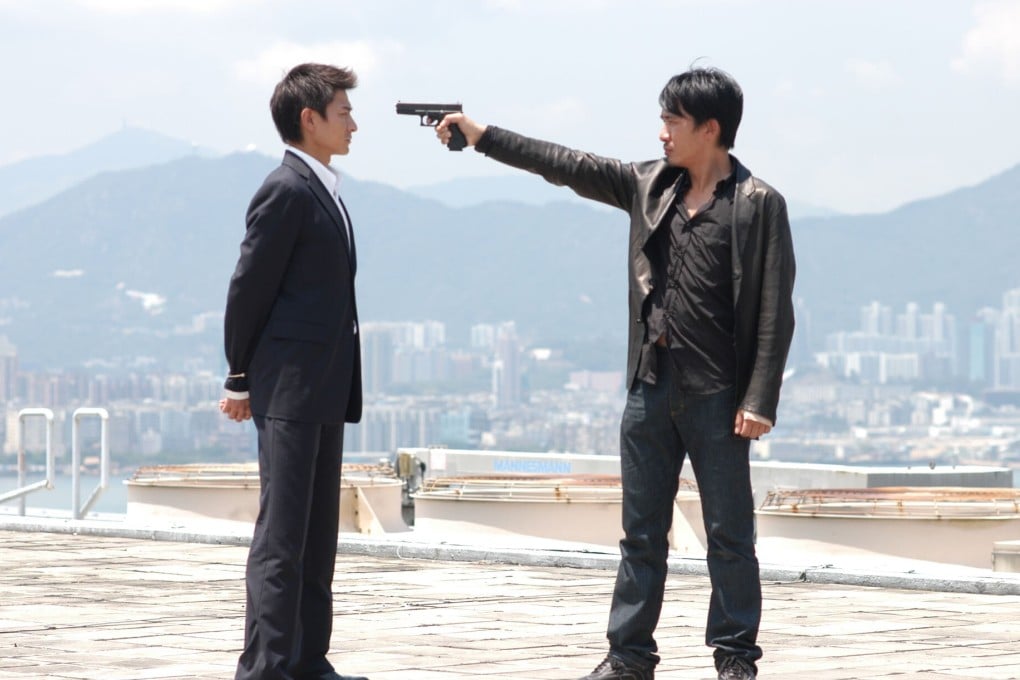Advertisement
Leonardo DiCaprio vs Tony Leung: Infernal Affairs and The Departed, Hollywood remake, compared
- While not without its cheesy moments, Infernal Affairs, starring Tony Leung, Andy Lau and Eric Tsang, captures the jittery energy of a divided city
- The Departed, brash, set in Boston and with a galaxy of stars led by Jack Nicholson, Matt Damon and Leonardo DiCaprio, only ever feels like a movie – a good one
Reading Time:3 minutes
Why you can trust SCMP

This review contains major spoilers of Infernal Affairs (2002) vs The Departed (2006).
Directed by Andrew Lau Wai-keung and Alan Mak Siu-fai from a script by Mak and Felix Chong Man-keung, Infernal Affairs was released in 2002 to near-universal acclaim.
A nervy Hong Kong thriller with an ingenious central conceit, it tells the story of two moles: undercover officer Chan (Tony Leung Chiu-wai) who has infiltrated the triads, and triad member Lau (Andy Lau Tak-wah) who works for the police. As their paths cross and clash, the film repeatedly blurs the line between cops and robbers, doubling the tension at every turn.
Advertisement
Starring an array of Hong Kong legends, including Eric Tsang Chi-wai as Lau’s boss, and Anthony Wong Chau-sang as Chan’s superior, the film wastes no time in setting up its premise. Indeed, the first scene shows Tsang’s crime lord Hon Sam in the gilded calm of a Buddhist temple wishing his new gang members (including young Lau, played by Edison Chen Koon-hei) luck in the police force.
From here, the set pieces come thick and fast, with both leads trying to maintain their cover and stay alive while dealing with double lives, dodgy technology and their own metaphysical angst. Mostly, this involves standing on rooftops shouting and shooting people in lifts, although the scene in which our two heroes meet in a stereo shop is, by contrast, surprisingly chilled.
Advertisement
Advertisement
Select Voice
Select Speed
1.00x